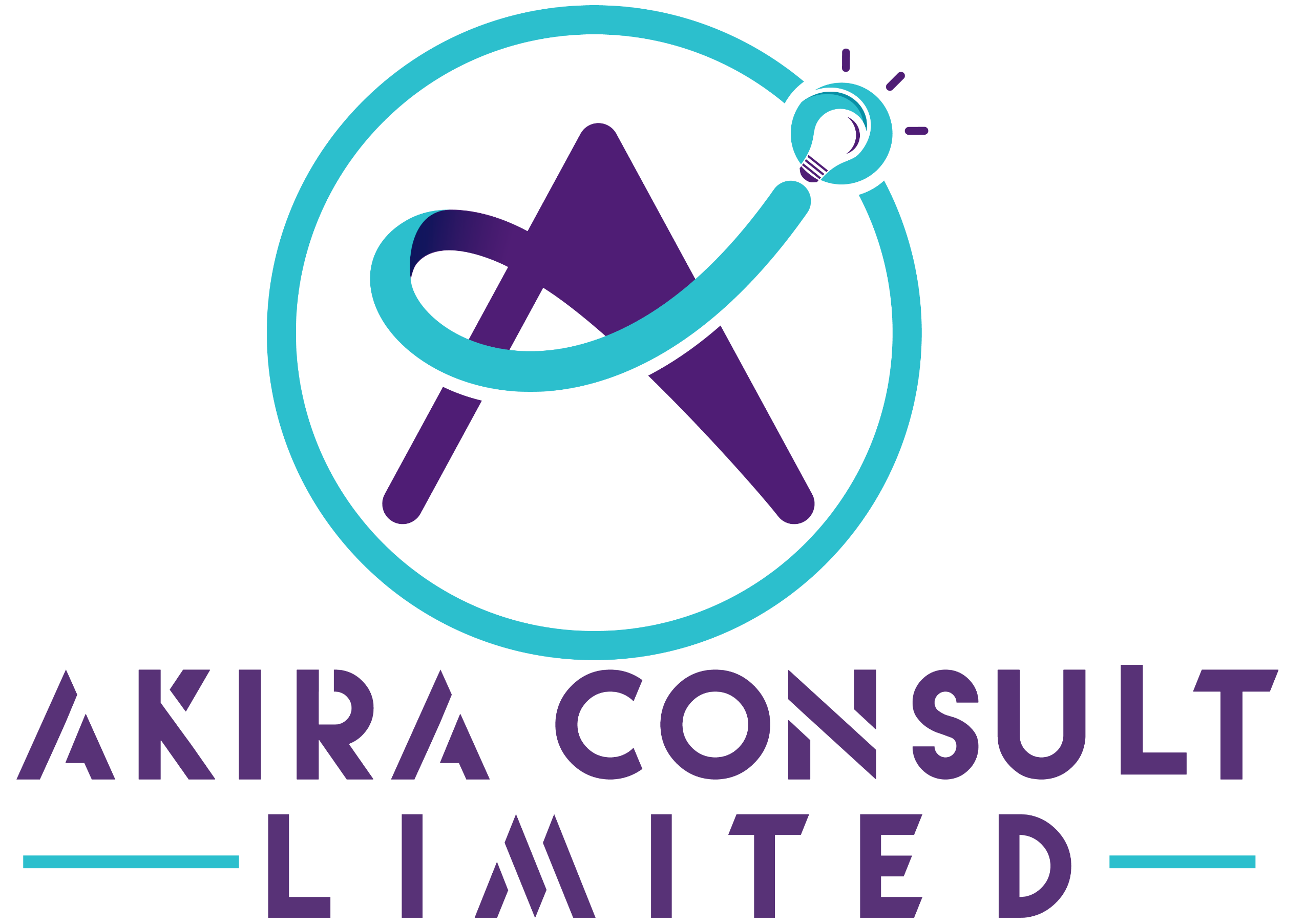This past week, Akira Consult Ltd, through Patricia Wanjama had the amazing opportunity at Strathmore Business School Admin to share thoughts on Organizational Governance with an elite group of Senior Leaders from a non-profit organisation. This was after the leaders had been taken through a course on Corporate Governance and Ethical Leadership by a leading expert. The following is a summary of the discussions;
Organizational Governance is a system that provides a framework for managing organisations. It identifies who can make decisions, who has the authority to act on behalf of the organisation and who is accountable for how an organisation and its people behave and perform. This is an area of governance key to senior management, which leads to a good bedrock for the corporate governance at Board level to thrive and to give structure and clarity to all staff at the organisation.
Organizational Governance enables the management team and the board to run organisations legally, ethically, sustainably, and successfully, for the benefit of stakeholders, including shareholders, staff, clients and customers, and for the good of wider society.
If done right, organizational governance leads to:
1. Determining the objectives of an organisation;
2. Determining the ethics of an organisation;
3. Creating a good culture within the organisation- e.g. a culture of compliance;
4. Ensuring accountability within management;
5. Better organizational efficiency;
6. Elevates your reputation with stakeholders and partners, leading to a sustainable organisation;
So how do you know when you have mastered organizational governance in your organisation?
1. A diverse and inclusive approach to your human capital with a range of voices able to share their views;
2. The organisation is run methodically, with efficient meetings, template documents and processes captured via a shared portal for transparency and shared reference;
3. Leaders lead from the front on issues on issues of ethics and compliance;
4. Demonstrated compliance with regulatory and reporting requirements;
5. The organisational is sustainable, from funding, deployment and impact;
6. Proactivity on and around reporting, even when there is no legal imperative to report;
7. Sufficient and robust internal controls. Harnessing the ability of technology to support and accelerate your organizational governance journey can make all the difference. By bringing the power of automation to your processes, you can make them more comprehensive, more consistent and more robust.
Having researched into this area of governance which senior management must concern itself with, we look forward to receiving your requests on how we can assist your management team lay a firm foundation of governance that shall enable the Board to focus on providing strategic direction whilst ensuring that the organisation is results driven. It is a win-win for all!
- Nairobi
- +254 115 809312
